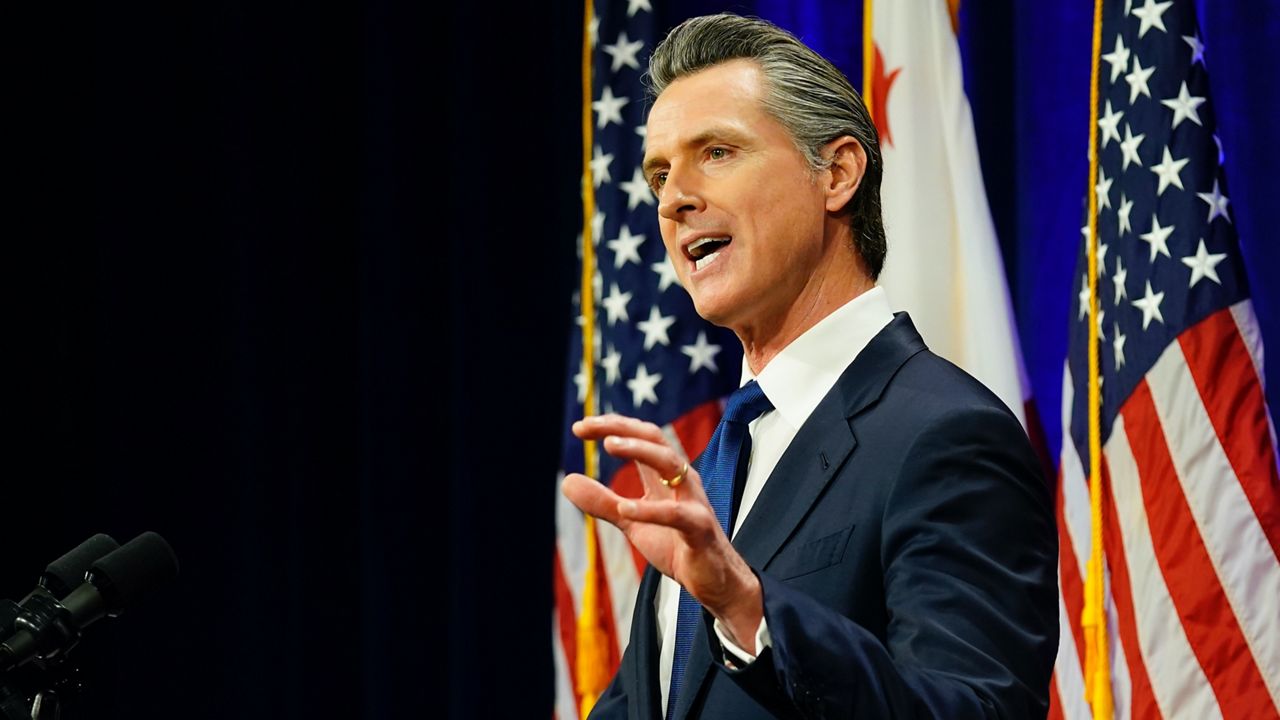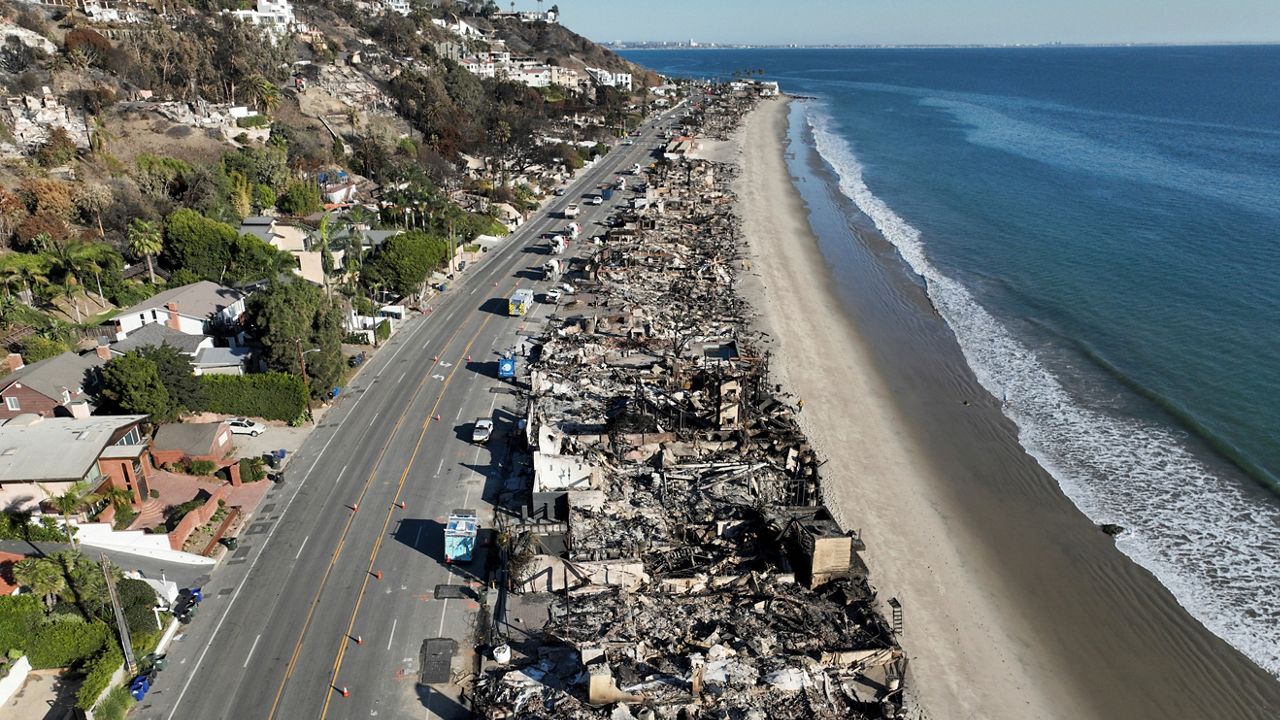SACRAMENTO, Calif. — Gov. Gavin Newsom signed more than two dozen bills in 2022 as he charts a course for a second term in office. The bills he signed included the extension to keep open the Diablo Canyon Power Plant in San Luis Obispo County, a source of local power much argued over, and a bill he championed that would implement a system that compels people suffering from mental illness to receive treatment.
Below are some key bills signed in 2022.
The bill, signed in July, will enable the unlimited issuance of restraining orders for the protection of victims of abuse.
This bill was championed in response to the ongoing gun sales at the Orange County Fairgrounds and would prohibit the sale of firearms at all state properties. The bill, which also prohibits ammunition sales on state property, ends gun shows at all of California’s 74 state fairgrounds. California State Sen. Dave Min voiced concern over the sales and specifically of “ghost guns.”
“I am grateful for the support of my colleagues and the governor last year in ending the sales of firearms at the Orange County Fair and Event Center. Our fight to close the ‘gun show loophole’ is not over,” Min said in a release. “SB 915 will eliminate ghost guns and straw party sales from occurring on state property.”
The bill triggers a data collection program designed to sift through passenger surveys in an effort to decrease harassment on public transit. The law requires the Mineta Transportation Institute at San Jose State University to develop a tool to collect relevant passenger responses about their experiences on public buses and trains. The bill aims to track other types of personal attacks and was authored in response to the outreach of nationwide nonprofit Stop The AAPI Hate.
The bill expands a statewide program known as COSMOS, designed to shoehorn middle school students excited about science, technology and math into summer lessons. Signed by Newsom in September, the program, also known as University of California State Summer School for Mathematics & Science, will continue at UC campuses for five more years.
The bill boosts pay to workers in California’s state family leave and disability programs. Starting in 2025, workers making less than $57,000 a year will receive 90% of their pay instead of the current reimbursement of 70%.
The bill creates a system to compel people suffering from mental illness to accept care. Participants will have to enroll in a year-long program before further evaluation determines future treatment needs, which could include more time in the program or enrollment in a court-appointed conservatorship.










